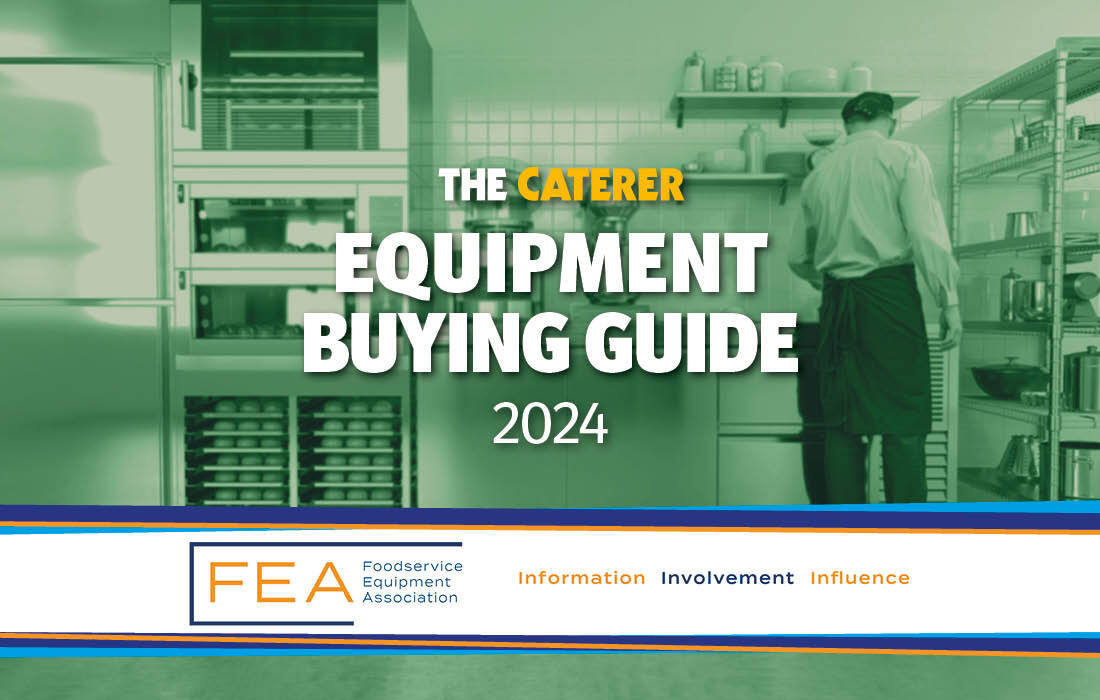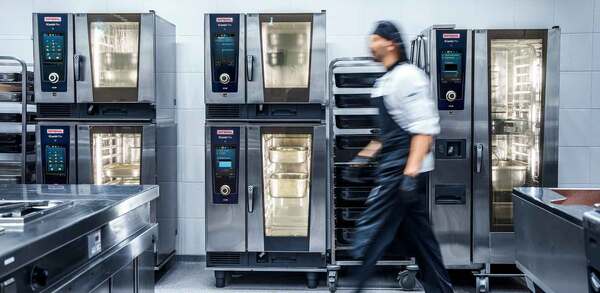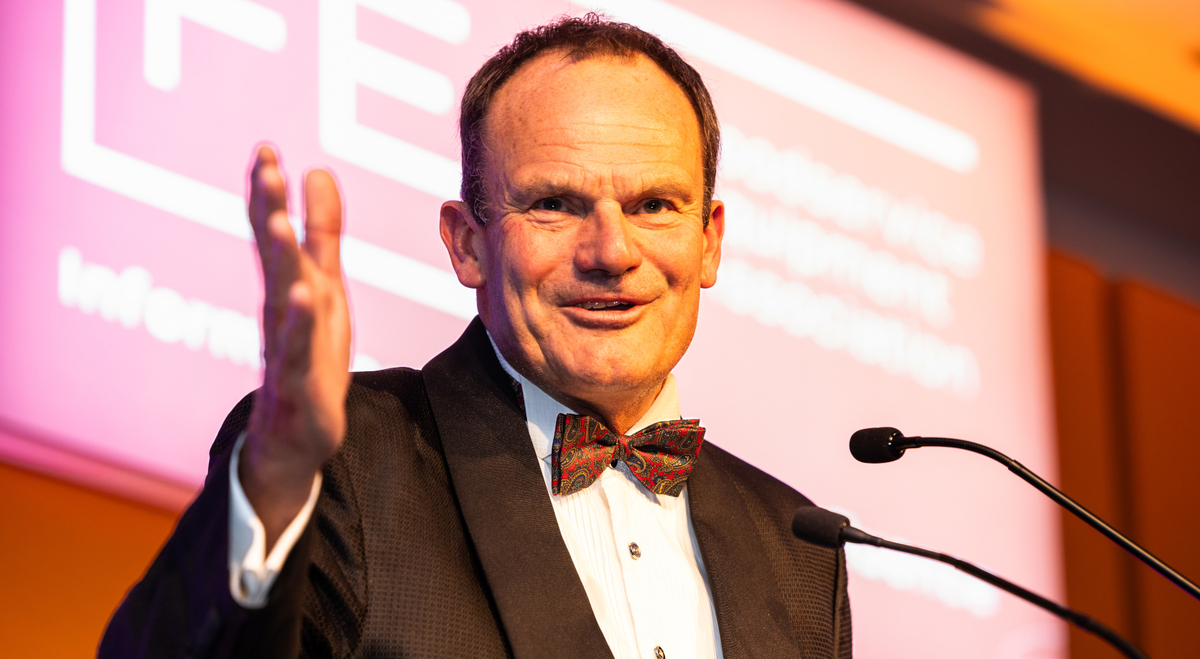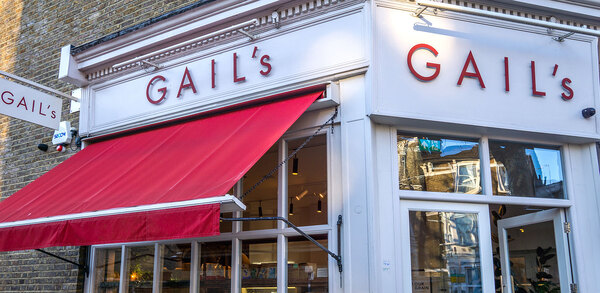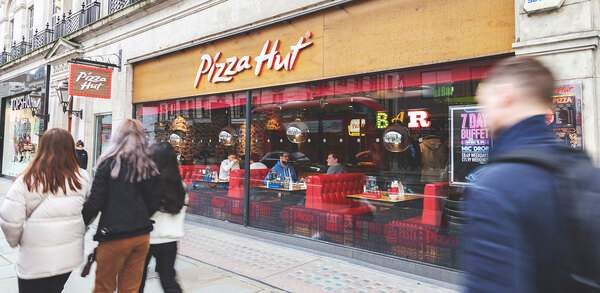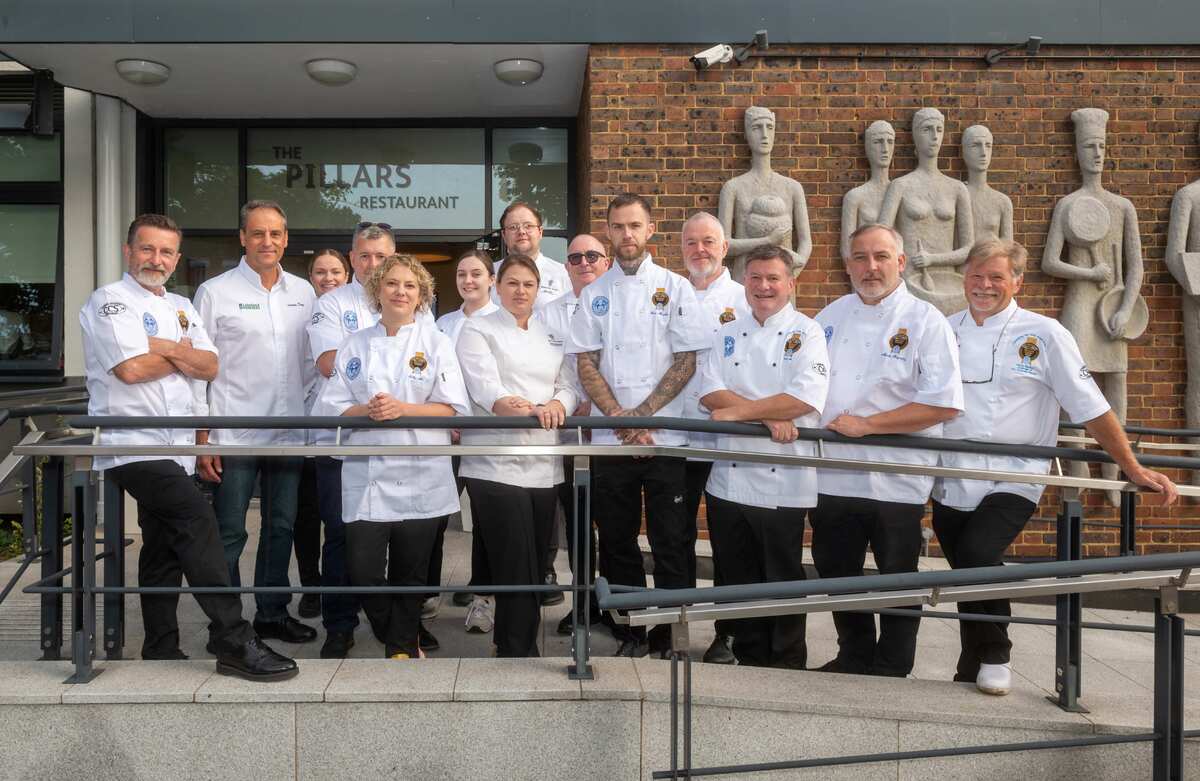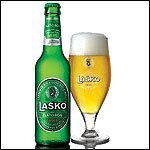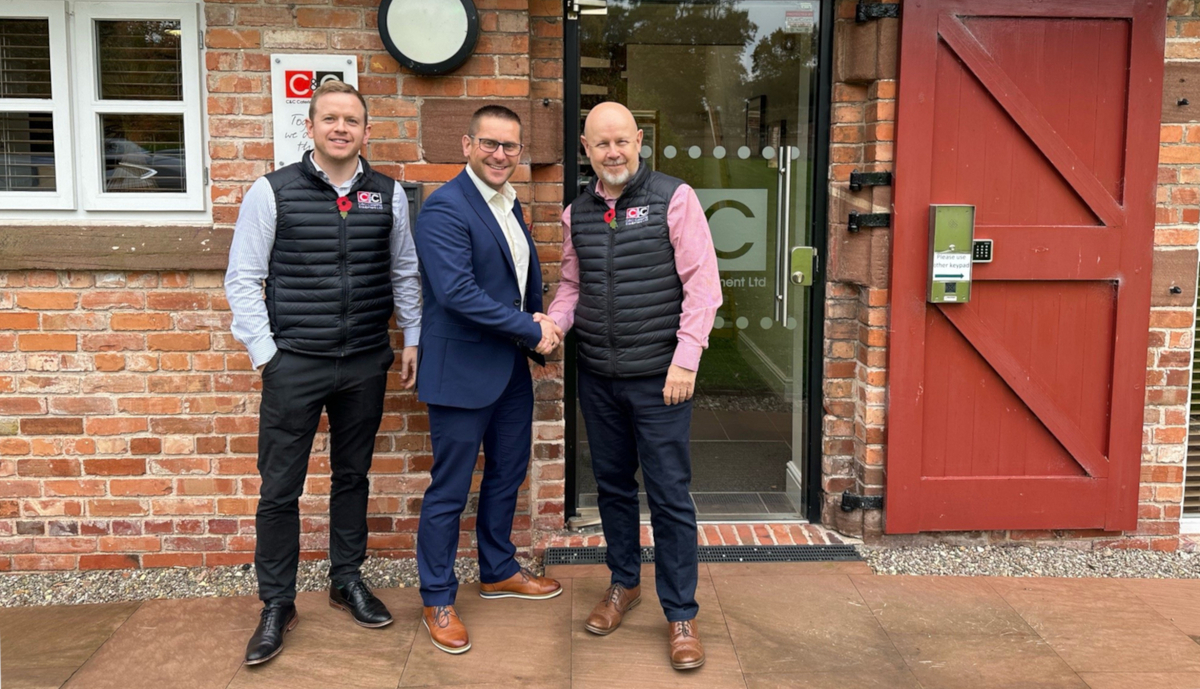FEA Guide 2024: Your essential professional kitchen equipment buyer’s guide
The latest appliance advice from The Caterer, which has once again teamed up with the FEA on the Equipment Buyers’ Guide 2024
Welcome from FEA chair, Emma Brooks
Improving sustainability to lessen the effects of climate change is probably the biggest issue facing not just the foodservice equipment sector and the industries it works with but the entire economy of the UK and world as a whole. The changes that will need to be made can seem daunting, particularly considering the uncertain economic environment of the last few years. At times like this it often feels more prudent to put off making big changes, particularly if margins are tight.
But these two factors aren’t in opposition to each other, and taking the decision to upgrade your equipment will help to reduce your environmental impact and control your costs.
More efficient, sustainable equipment will save money, because it uses less energy and fewer other consumables, like water and chemicals. In this latest guide we take a look at some of the specifics – so you can see how, say, more efficient refrigeration saves you money. While more efficient equipment may cost more up front, as the costs for energy and other consumables rise, the payback comes ever more quickly, while the savings keep coming throughout the life of the machine.
The bottom line is, we have to create a more sustainable foodservice industry. The good news is, the equipment you’ll be investing in to run your kitchen in the future will not only be more sustainable, it also costs less to run.
If you want to find out more about how your foodservice operation can be more sustainable, then check out Foodservice Equipment Association’s (FEA) Foodservice Carbon Professional (FCP) training course. It’s designed to give you the information and skills you need to understand the issues surrounding climate change and how it affects the hospitality and foodservice equipment industries, and importantly what we can do about it.
This is in addition to the Certified Food Service Professional (CFSP) qualification the FEA already offers, which gives participants a good overview of how foodservice design and operation is structured. You can see the accredited alumni here.
We hope you find this guide useful – each section reflects the key equipment categories every operator needs to know.
Enjoy the read!
PS. The FEA’s annual conference is the place to get the inside track on the latest thinking around foodservice equipment, including sustainability. There’s always a stimulating speaker programme and it’s a great opportunity to meet the leading players in the industry. If you’d like to find out about the 2025 event, contact the FEA.
The FEA Guide 2024
- Refrigeration How to choose the correct equipment
- Prime cooking The kit to help you be energy efficient and environmentally clean
- Multicook/multifunctional equipment The combi-oven – the tool that does it all
- Rational cooking systems Rational’s appliances increase productivity while reducing cooking times and energy consumption
- Unox combi-ovens Unox is taking your kitchen into hyper-speed
- Microwaves and rapid cooking Are microwaves a secret weapon in the kitchen?
- Panasonic commercial microwaves Riding the wave of innovation
- Hot and cold holding displays Display units can make or break your revenue generation capabilities
- Warewashing Here’s how to make the decision on the perfect warewasher
- Meiko dishwashers Dishwashing and food waste recycling – look beyond the ‘box’
The Energy Technology List (ETL)
You’ll find the ETL is referenced in relevant articles through this guide. The ETL is the government’s register of products that have been tested for their energy efficiency, and it includes an ever-growing selection of foodservice equipment. FEA is working with the ETL to increase the number of equipment categories that are listed. Anyone looking for energy efficient equipment should check out the ETL at www.gov.uk/guidance/energy-technology-list



